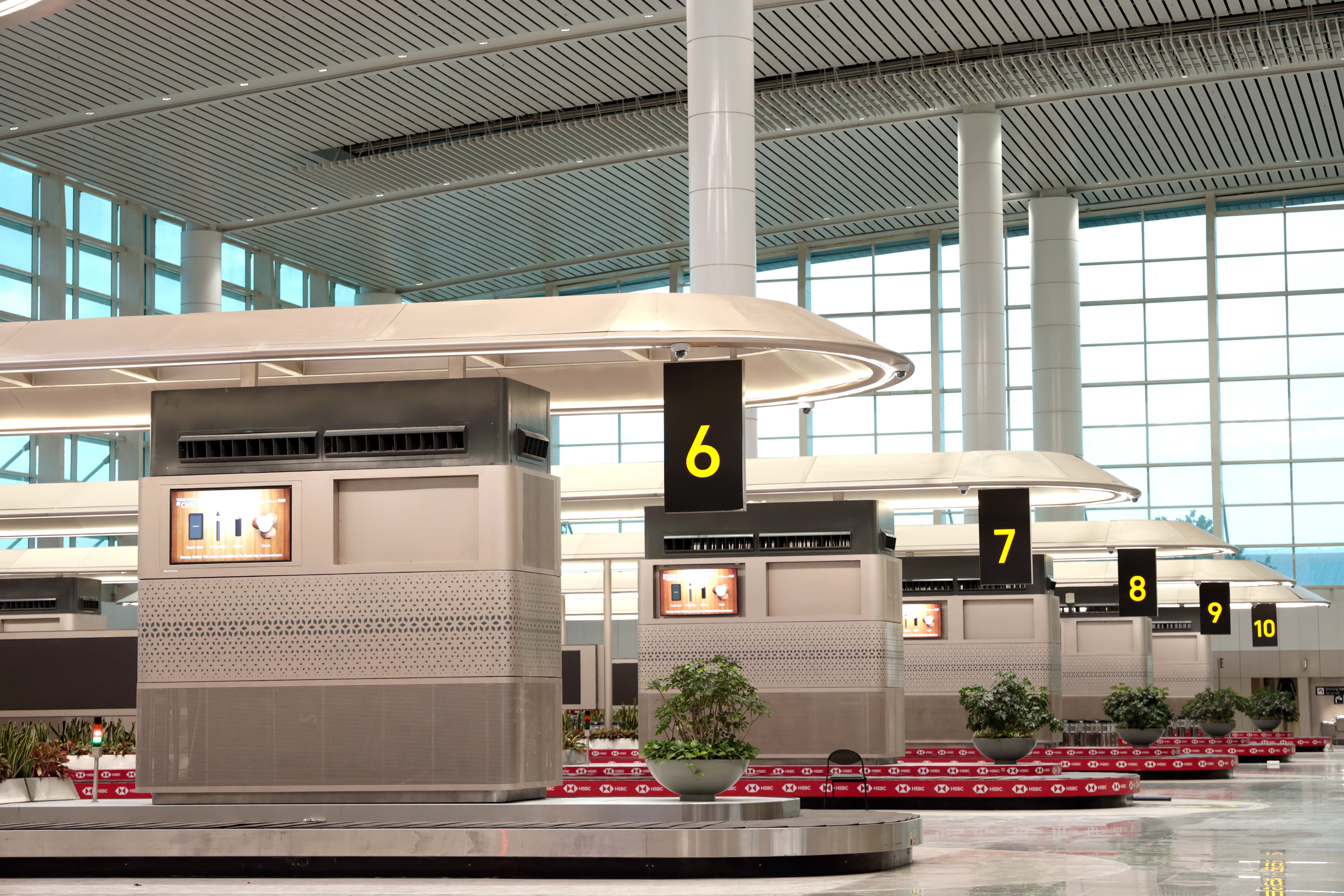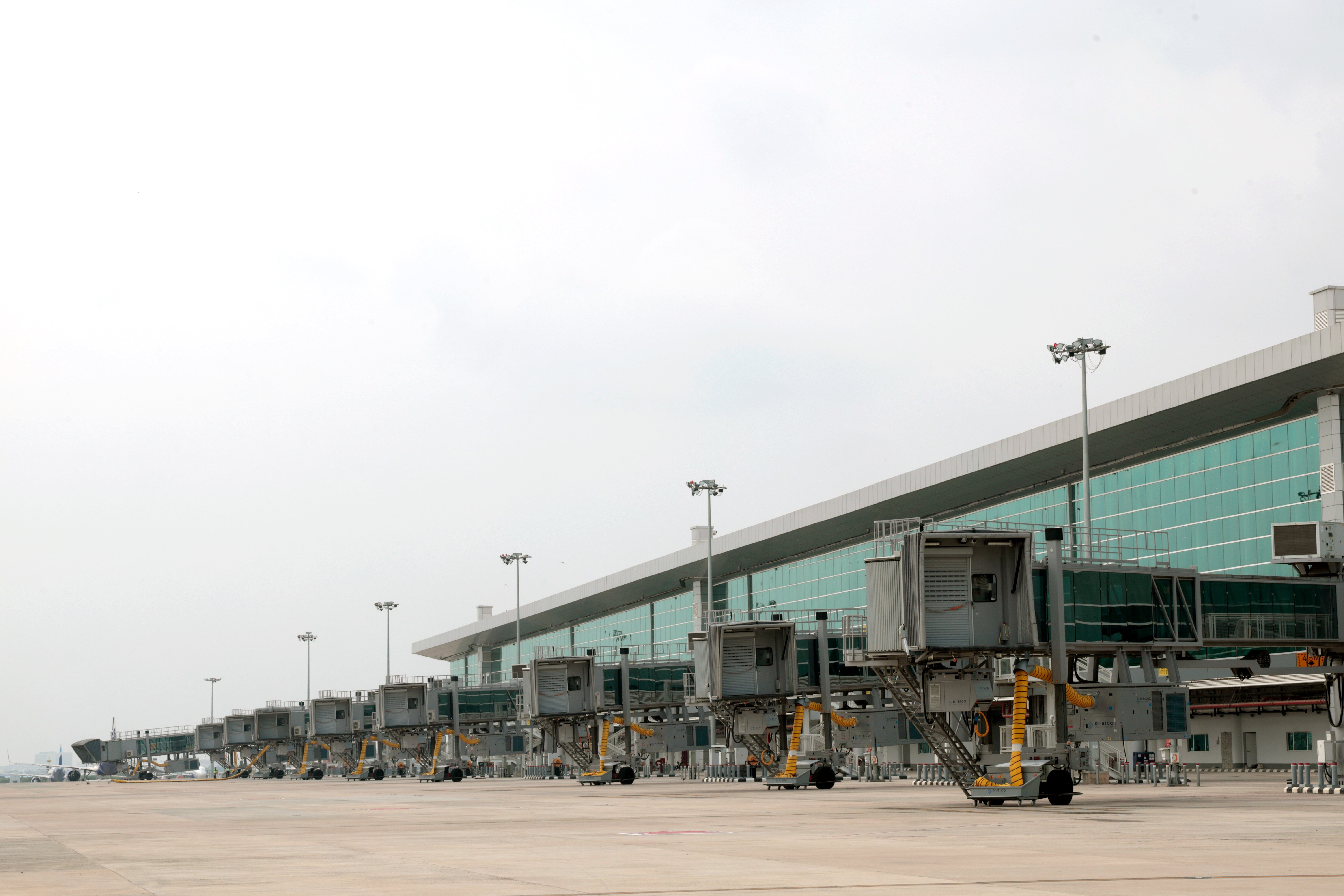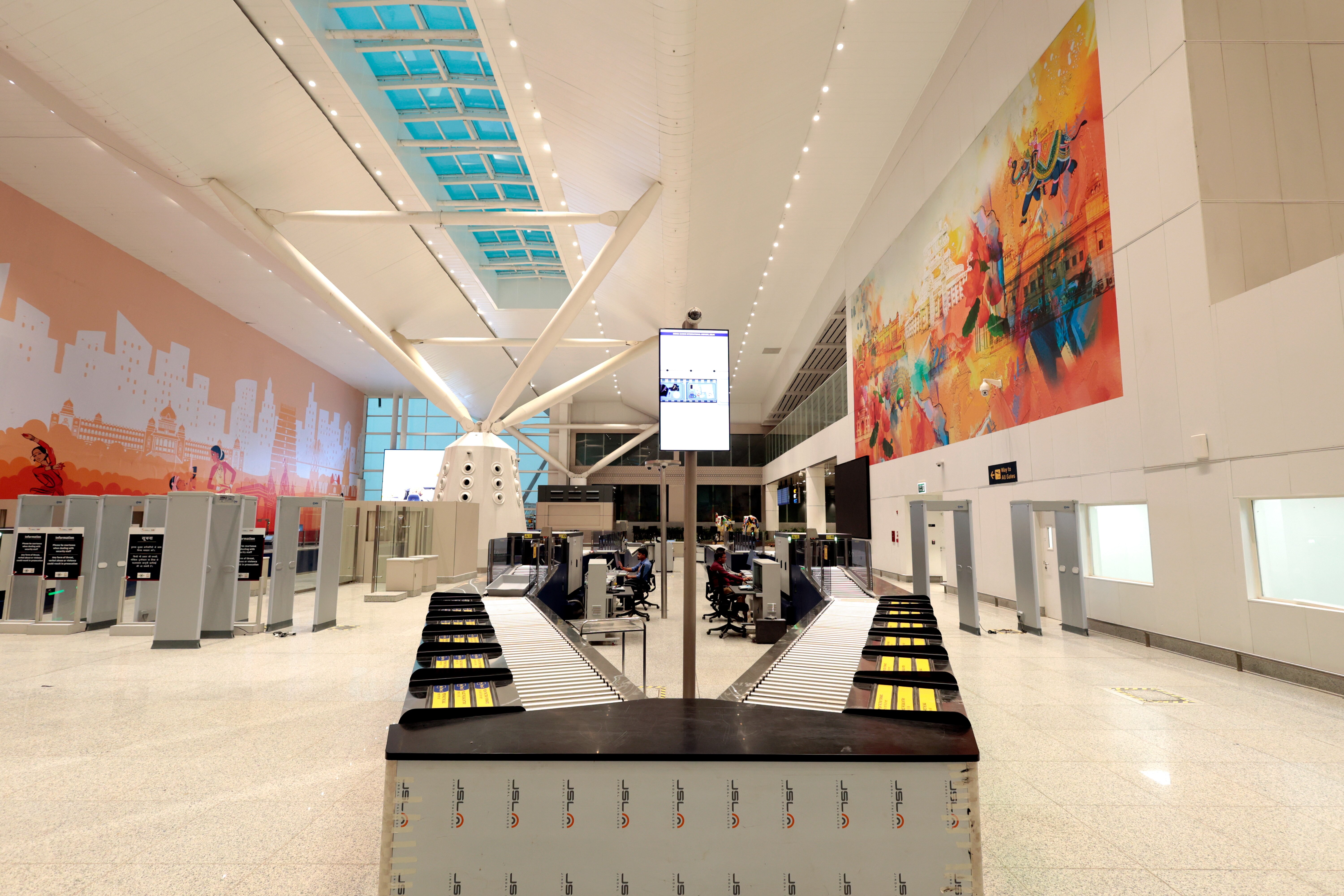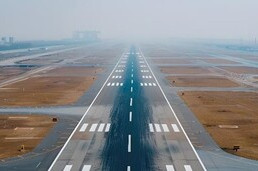
GMR-run Delhi Airport’s new state-of-the-art Terminal 1 to become operational from August 17th
- 2024-08-14
- IndiGo & SpiceJet to move significant part of their operations to New T1
- SpiceJet will operate 13 flights from T1 from August 17
- IndiGo will start its operations with 34 flights from T1 from Sept 2
- The opening of new T1 will reduce pressure from T2 and T3
- DIAL introduces “Q Buster-Mobile Check-in service” for enhanced pax experience
- New building will provide an aesthetically pleasing environment to passengers

Delhi International Airport Limited (DIAL), a GMR Airport Infrastructure Limited-led consortium that operates and manages Delhi Airport, today announced the opening and operationalization of the new Terminal 1 from August 17th, 2024.
The new terminal was developed as part of the Phase 3A expansion project by DIAL and inaugurated by Hon’ble Prime Minister Shri Narendra Modi on March 10 this year.
.jpg)
DIAL has worked with IndiGo and SpiceJet to make necessary preparations for shifting of flight operations from T2 and T3 to T1. As per the plan, SpiceJet would shift their 13 flights to Terminal 1 from August 17 and subsequently IndiGo would move back their 34 flights from T2 and T3 to T1, from September 2.
Speaking on the occasion, Mr. Videh Kumar Jaipuriar, CEO-DIAL, said, “Delhi Airport is glad to announce the operationalization of new Terminal 1 from August 17, 2024. The state-of-the-art Terminal 1 will significantly boost our capacity, easing pressure on Terminals 2 and 3. Passengers can expect a smoother travel experience with improved amenities and advanced technology.”
Departures and Arrivals:
All passengers flying by SpiceJet flights will have to enter through Entry Gate A, at the ground floor. Passengers taking IndiGo flights will have to enter the new terminal through Entry Gates 5 and 6 at the first floor. All passenger arrivals will take place through dedicated Arrivals at the ground floor.
DIAL has put up signage at strategic locations, including on road markings, indicating direction to the departures for the convenience of IndiGo and SpiceJet passengers. Also, DIAL will deploy RAXA guards to help the passengers and direct them to IndiGo and SpiceJet departures.
For Arrivals, passengers would have to take the same arrival route to come out of the terminal.

Passenger facilities at T1:
DIAL undertook the expansion work in 2019 to make Delhi Airport future-ready. The expansion work was carried out as per the Master Plan 2016 as Delhi Airport witnessed a massive surge the Air Traffic Movements (ATMs) and passenger numbers, exceeding projections.
In a bid to provide world-class experience to its passengers, DIAL has introduced innovative Queue-Buster: Mobile Check in Service at the new terminal. This will help passengers to avoid long queues at check in counters.
Besides this there are other features to provide seamless journey facilitated by our Automated Tray Retrieval System (ATRS), Individual Carrier System (ICS), Common Usage Self Service (CUSS), Aerobridges, check-in counters including Self Baggage Drop (SBD) kiosks among others. The seamless journey is complemented by a myriad of offerings, including expanded baggage reclaim carousels, multiple entry gates, and enhanced Shop and Dine facilities.
Inside the terminal, passengers can experience the Shop and Dine facility, Prayer Room, Yoga area, Quiet zone, Group seating, Laptop charging stations, mobile charging stations, self-medication room, Baby Care rooms, smart washrooms etc.
Connectivity:
The terminal is well connected with Delhi Metro’s Magenta Line at Arrivals, as well as Departures. Also, bus service by state-run Delhi Transport Corporation (DTC) is available at regular intervals. T1 is well connected with terminals 2 and 3 through shuttle bus service, also run by DTC.
Cityside Development:
The Terminal's city-side developments offers plush forecourt areas, and expanded parking facilities. Realigned pickup and drop-off lanes ease vehicle traffic, significantly improving the passenger experience during arrivals and departures.
Airside Development:
The redesigned apron, featuring 82 Code C stands and a dual taxiway, ensures improved air traffic flow, faster aircraft turnaround, and enhanced safety. Technological upgrades like VDGS, FHS, GPU, and PCA contribute to efficiency and safety in aircraft handling.








